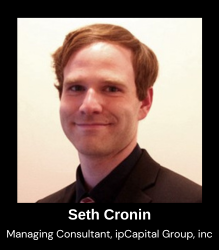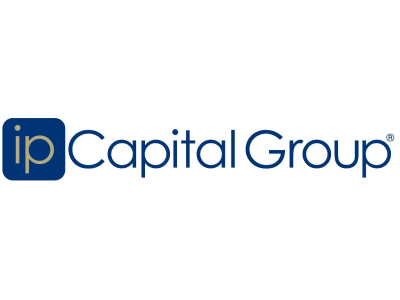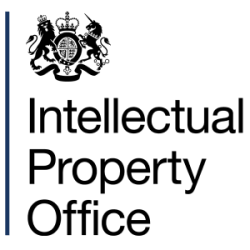 In the hallowed halls of intellectual property (IP) and the pharmaceutical industry, Gilead Sciences’ recent victory over the US government is a game changer, folks. This isn’t just about Gilead shaking off the government’s patent claims like a dog shaking off water; it’s about the wider implications for patent professionals and the way Government Owned IP is dealt with in the industry.
In the hallowed halls of intellectual property (IP) and the pharmaceutical industry, Gilead Sciences’ recent victory over the US government is a game changer, folks. This isn’t just about Gilead shaking off the government’s patent claims like a dog shaking off water; it’s about the wider implications for patent professionals and the way Government Owned IP is dealt with in the industry.
First off, Gilead’s victory sends a clear message to all patent professionals: you’d better have your ducks in a row when it comes to patent validity. The government’s patent claims on the HIV prevention regimen, PrEP, were found to be invalid, meaning Gilead can keep raking in the billions from Truvada and Descovy. This outcome shows the critical importance of patent validity in high stakes patent trials.
When the validity of a patent is under scrutiny, everything is at stake. For Gilead, it was their right to make and sell these life-saving HIV drugs. For the government, it was their claim to the patents and, potentially, a share of those hefty sales revenues. I mean, $2 billion in 2022 alone? Yeah, that’s high stakes.
What’s the takeaway here for patent professionals? It’s simple: Don’t underestimate the power of thorough patent examination and validity arguments. Clearly, a solid understanding of patent law and a robust defense can save your company a pretty penny, and by pretty penny, I mean billions.
Secondly, this case brings up the complex issue of Government Owned IP in the pharmaceutical industry. The US government argued that Gilead profited from CDC patents, but Gilead countered, saying it invented the drugs. Now, here’s where things get sticky. Government entities like the CDC do conduct research and make discoveries that are crucial to public health, but pharmaceutical companies often bring these discoveries to market, making them accessible to those who need them.
So, who owns the IP? Well, the jury said Gilead, but this case highlights an ongoing tension in the industry. It’s a push and pull between public research and private enterprise, and it’s not going away anytime soon. Patent professionals, pay attention: How we navigate this tension will shape the future of the industry.
Thirdly, let’s think about the broader impact on the IP industry. This case isn’t just a drop in the ocean; it’s more like a huge splash in a somewhat tranquil pond. A decision like this could mean that patent claims, even those made by government entities, are going to be scrutinized more closely. Is it a good thing? Maybe, maybe not. It depends on where you’re standing. But one thing’s for sure, it’s going to make waves.
In the end, Gilead’s victory is a wake-up call for patent professionals everywhere. It’s a reminder that patent validity is crucial, it’s a spotlight on the complexities of Government Owned IP, and it’s a sign that high stakes patent trials can have far-reaching impacts on the IP industry. So, buckle up, folks. It’s going to be a bumpy ride.
Written by Seth Cronin, Managing Consultant at ipCapital Group, inc.










